Important Information On Using This Service
- Ergsy carefully checks the information in the videos we provide here.
- Videos shown by YouTube after a video has completed have NOT been reviewed by ERGSY.
- To view, click the arrow in the center of the video.
Using Subtitles and Closed Captions
- Most of the videos you find here will have subtitles and/or closed captions available.
- You may need to turn these on and choose your preferred language.
Turn Captions On or Off
- Go to the video you'd like to watch.
- If closed captions (CC) are available, settings will be visible on the bottom right of the video player.
- To turn on captions, click settings.
- To turn off captions, click settings again.
Find A Professional
More Items From Ergsy search
-
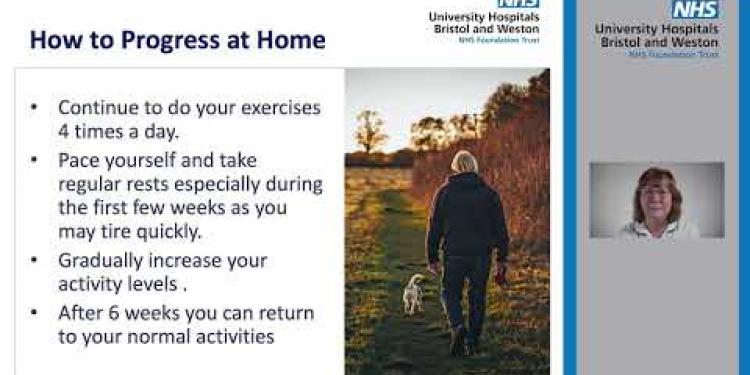
Enhanced Recovery - Hip
Relevance: 100%
-
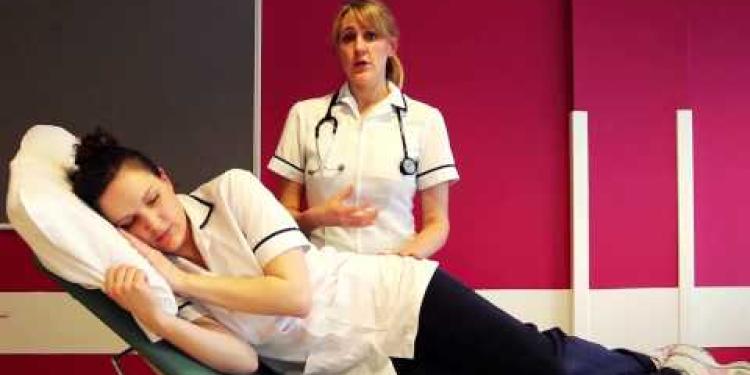
Positioning for Breathless Patient
Relevance: 84%
-
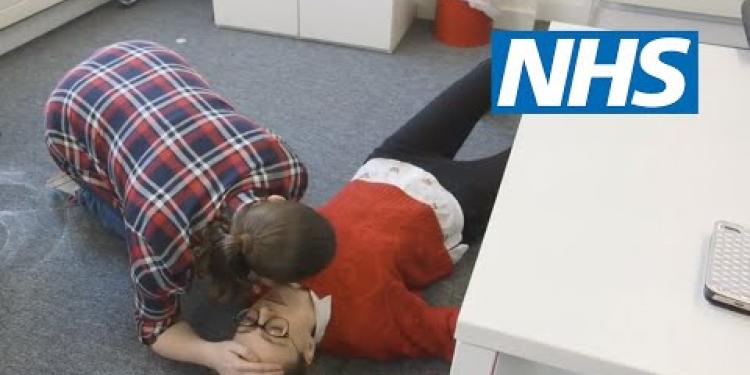
How to put someone into the recovery position | NHS
Relevance: 79%
-
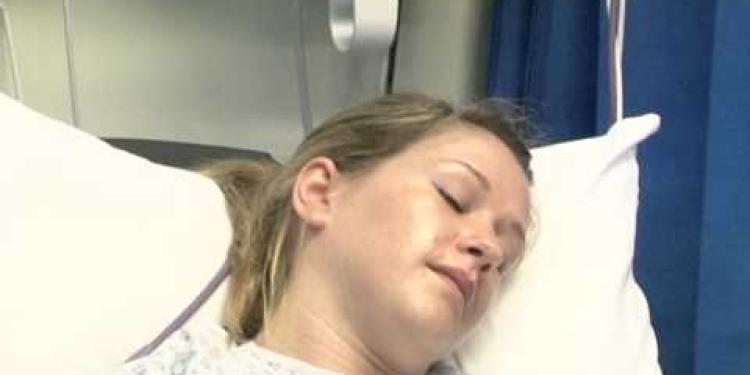
Enhanced Recovery YouTube
Relevance: 77%
-

Redundancy Coaching Couch 1: Redundancy and Presuppositions
Relevance: 46%
-

Enhanced Recovery After Surgery in Forth Valley
Relevance: 41%
-
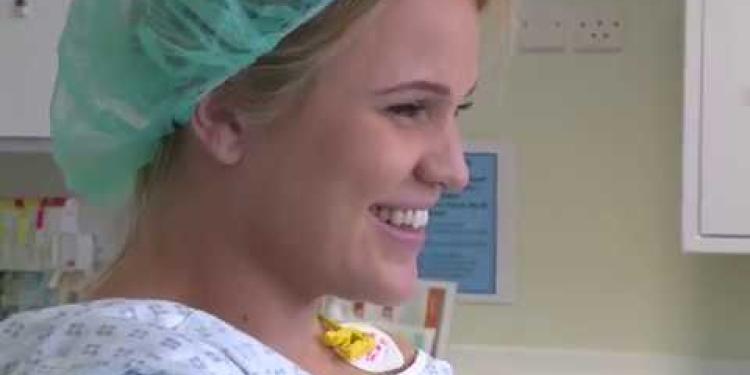
Your Caesarean birth
Relevance: 40%
-
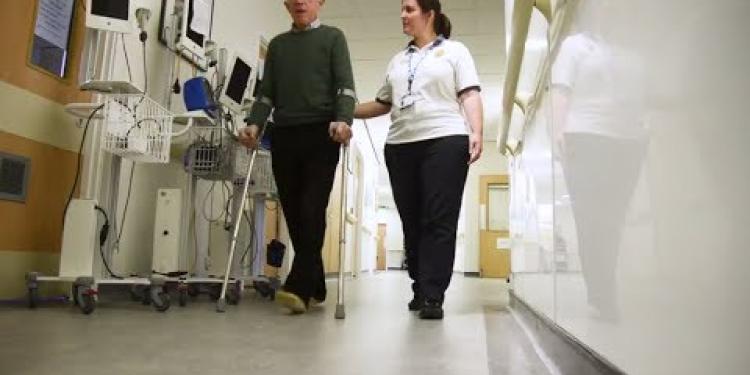
Having a hip replacement - Part Two: Recovery
Relevance: 37%
-

Redundancy Coaching Couch 3: States
Relevance: 30%
-

Labyrinthitis and Vertigo (BPPV): Hazel's story | NHS
Relevance: 29%
-

Vale Stroke Unit
Relevance: 25%
-

Mortgage Turned Down In The UK - Why mortgage applications are declined
Relevance: 24%
-

Owed money? - Professional UK Debt Collectors - 1st choice solution
Relevance: 23%
-
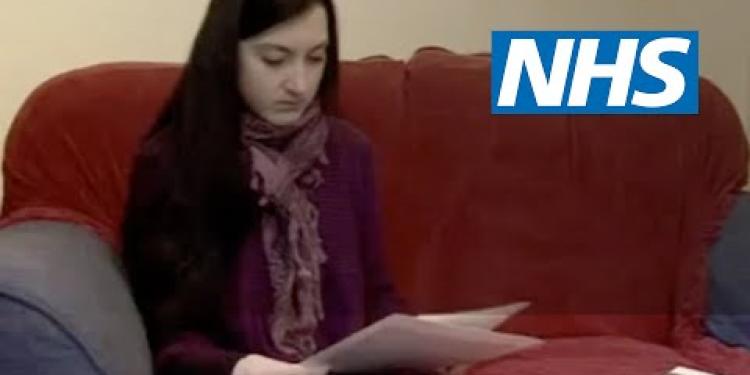
Anorexia: Katie's story | NHS
Relevance: 22%
-

Planned caesarean section
Relevance: 22%
-

Inpatient Surgery at North Bristol NHS Trust
Relevance: 22%
-

Evidence-Based Interventions: haemorrhoid surgery
Relevance: 22%
-
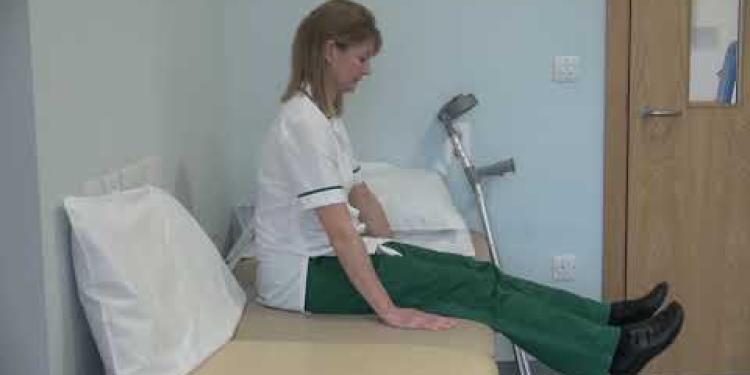
Hip replacement - getting into bed
Relevance: 21%
-
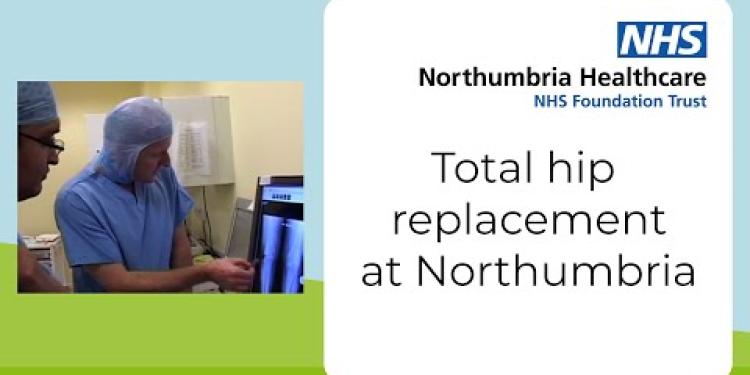
Total hip replacement at Northumbria Healthcare
Relevance: 21%
-

Same day discharge for NHS Golden Jubilee’s hip replacement patients
Relevance: 21%
-

Labyrinthitis and Vertigo (BPPV): Hazel's story | NHS
Relevance: 21%
-
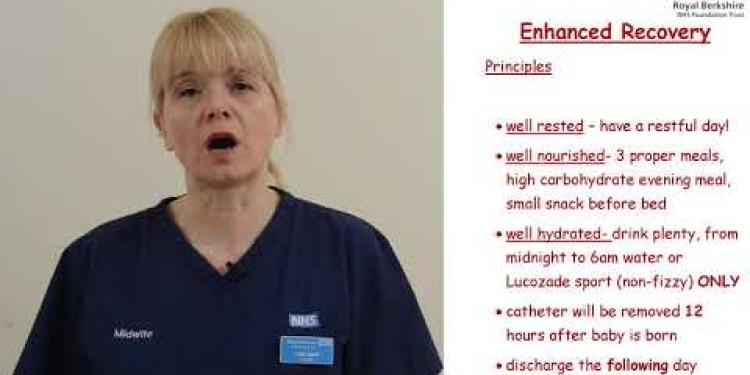
Pre operative Information for Planned Caesarean Birth
Relevance: 20%
-

Getting the maximum mortgage in the UK
Relevance: 20%
-
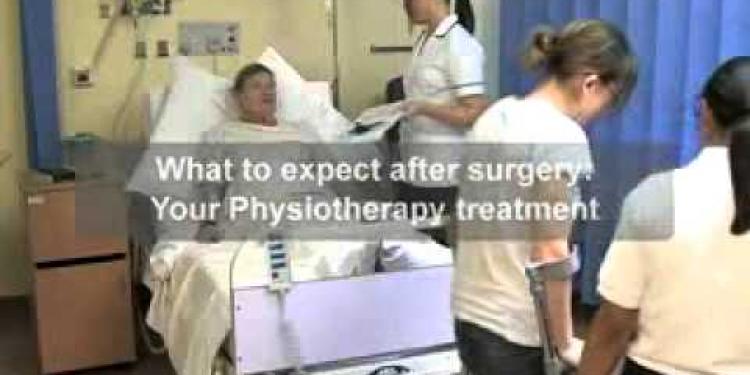
Total hip replacement
Relevance: 20%
-
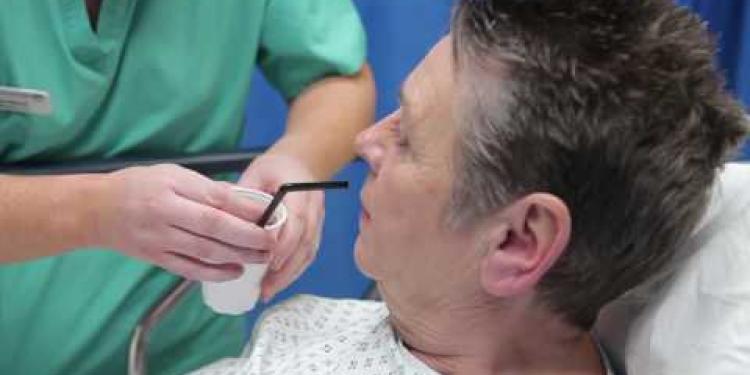
Hip replacement
Relevance: 20%
-

Having a Caesarean Section
Relevance: 19%
-
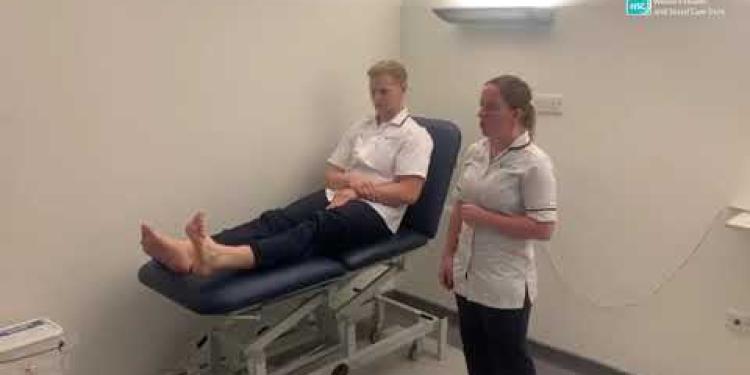
Physiotherapy Exercises following an Ankle Fracture
Relevance: 19%
-

Prostate Surgery
Relevance: 19%
-
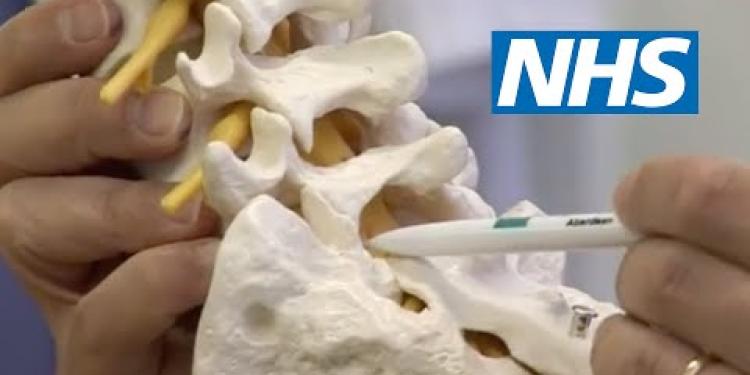
Lumbar surgery | NHS
Relevance: 18%
-
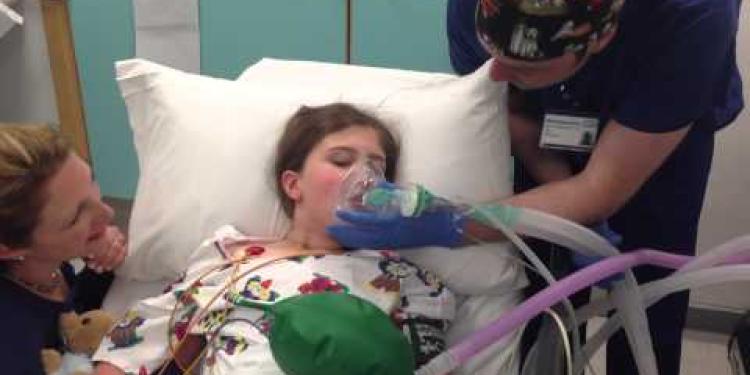
My General Anaesthetic: What's Going To Happen? Sarah's Story at Worcestershire Royal Hospital.
Relevance: 18%
-
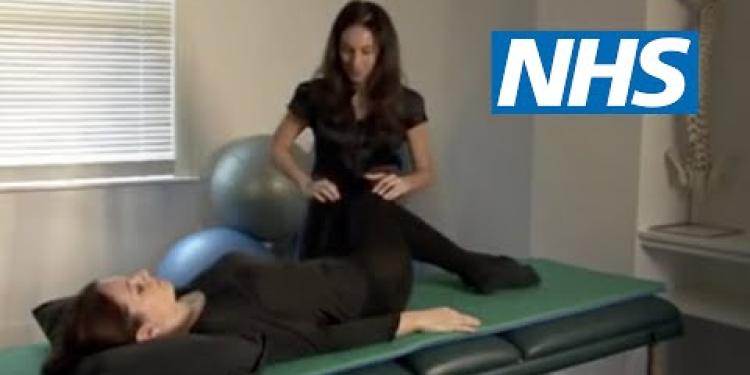
Exercises for sciatica: piriformis syndrome | NHS
Relevance: 18%
-
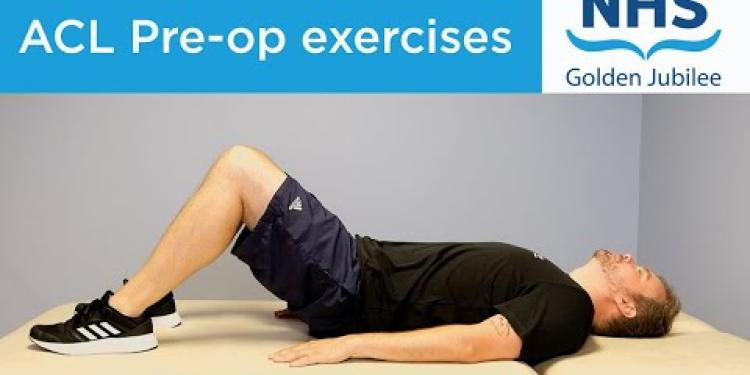
ACL pre-operation exercises
Relevance: 18%
-

HIV and pregnancy | NHS
Relevance: 18%
-

Can genetics influence obesity?
Relevance: 18%
-
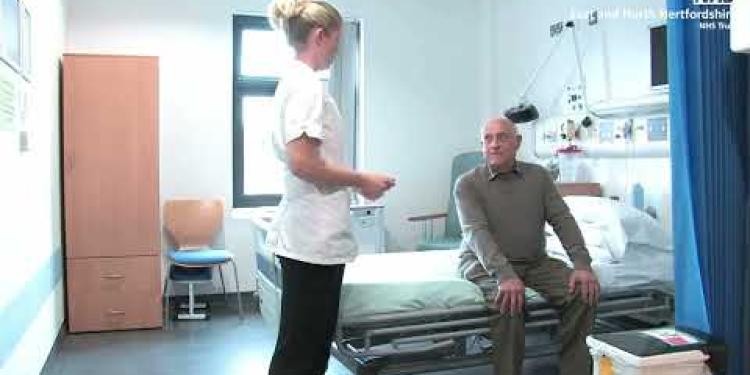
A journey to hip surgery
Relevance: 17%
-
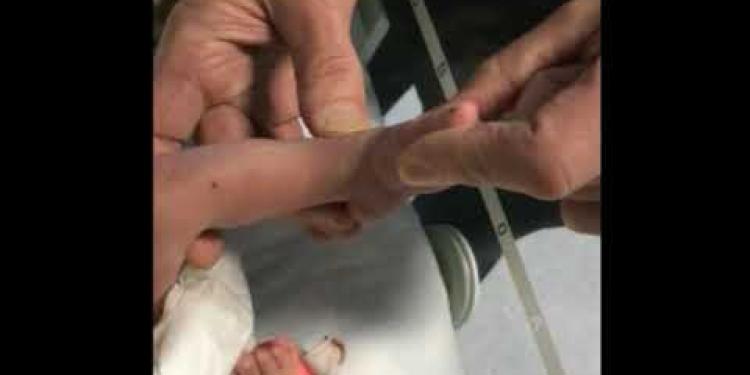
Parent guide to club foot stretches: Step 1
Relevance: 17%
-

First Time Buyer UK - Own Outright vs Help to Buy vs Shared Ownership
Relevance: 17%
-

Total Hip Replacement
Relevance: 17%
-
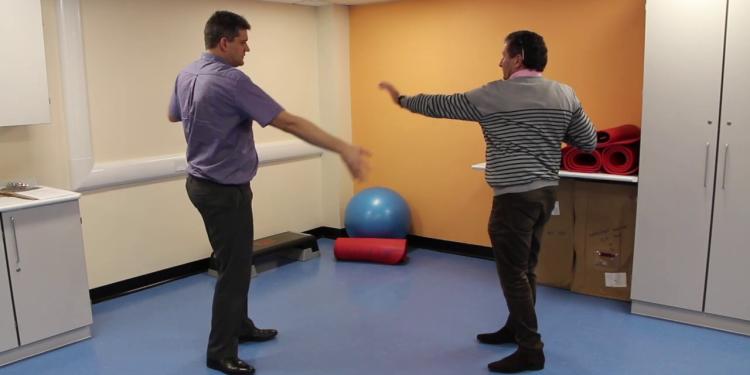
Sean's Story - There is another way. Information for prescribers
Relevance: 17%
-

Having a planned caesarean section
Relevance: 17%
How to Put Someone into the Recovery Position | NHS
Introduction
Learning how to put someone into the recovery position is a vital skill that can potentially save lives. The recovery position is used to keep an unconscious person’s airway clear and open and ensures that they are in a safe posture while waiting for emergency services. Here we outline the step-by-step process recommended by the NHS for placing someone into the recovery position.
Step 1: Check Responsiveness and Breathing
First, make sure the person is unresponsive by gently shaking them and shouting to see if they react. If they do not respond, check for regular breathing. You can do this by tilting their head back and looking, listening, and feeling for breaths. If the person is not breathing, you need to begin CPR immediately.
Step 2: Turning the Individual onto Their Side
If the person is breathing but still unresponsive, proceed to turn them onto their side. Start by kneeling beside them and ensuring that their legs are straight. Place the arm closest to you at a right angle to their body, with the hand upward, towards the head.
Step 3: Position the Far Arm
Next, take the arm that is farthest from you, pull it across their chest, and place the back of their hand against their cheek that is nearest to you. This will ensure their head is supported during the turn.
Step 4: Bend the Far Knee
Reach over and pull up the far knee so that it's bent and the foot is flat on the ground. This will serve as a lever to turn their body safely.
Step 5: Roll Them Over
Using the bent knee as a pivot, gently roll the person towards you. Their head should remain supported by their hand to keep their airway open. Adjust the upper leg so that the hip and knee form a right angle, ensuring they remain stable.
Step 6: Ensure Airway Safety
Finally, tilt their head back slightly to maintain an open airway, and make sure the mouth is angled downward to prevent choking on vomit or fluids. Check their breathing regularly and be prepared to perform CPR if they stop breathing.
Call for Help
Even if the person seems stable in the recovery position, it is crucial to call emergency services as soon as possible. Use the 999 number in the UK and explain the situation clearly to the dispatcher.
Conclusion
Knowing how to position someone into the recovery position can be the difference between life and death. Follow these steps carefully and always seek professional medical assistance. Remember, your prompt actions could significantly impact the outcome for the individual in need.
How to Put Someone into the Recovery Position | NHS
Introduction
Knowing how to put someone in the recovery position is very important. It can save lives. The recovery position keeps an unconscious person's breathing passage open and safe. It helps until emergency help arrives. Here we show you how to do it step by step.
Step 1: Check if They Respond and Are Breathing
First, see if the person responds. Gently shake them and shout to see if they wake up. If they do not wake up, check if they are breathing. Do this by tilting their head back and looking, listening, and feeling for breaths. If they are not breathing, start CPR right away.
Step 2: Turn Them onto Their Side
If they are breathing but still not waking up, turn them on their side. Kneel down next to them. Make sure their legs are straight. Put the arm closest to you at a right angle to their body, with the hand upwards towards the head.
Step 3: Move the Other Arm
Take the arm that is far from you, pull it across their chest, and put the back of their hand against the cheek near you. This will support their head during the turn.
Step 4: Bend the Far Knee
Pull up the knee far from you so it is bent and the foot is flat on the ground. Use this knee to help turn their body safely.
Step 5: Roll Them Over
Use the bent knee to gently roll them towards you. Their head should rest on their hand to keep their airway open. Adjust the top leg so the hip and knee form a right angle. This will keep them steady.
Step 6: Keep Airway Open
Tilt their head back a little to keep their airway open. Make sure their mouth points downwards. This stops choking on vomit or fluids. Check if they are breathing regularly. Be ready to do CPR if they stop breathing.
Call for Help
Even if they look okay in the recovery position, call emergency services right away. In the UK, call 999. Tell the person on the phone what is happening clearly.
Conclusion
Knowing how to put someone in the recovery position can save lives. Follow these steps and always ask for medical help. Your quick actions can really help the person in danger.
Frequently Asked Questions
What is the recovery position?
The recovery position is a first aid technique used to keep an unconscious person’s airway clear and open. It also ensures that they remain in a safe and stable position.
When should I put someone into the recovery position?
You should use the recovery position when someone is unconscious but breathing normally and you do not suspect any spinal injuries.
Why is the recovery position important?
The recovery position helps to prevent choking and keeps the airway clear by allowing fluids to drain from the mouth.
What should I check before placing someone in the recovery position?
Ensure the person is breathing normally and that there are no suspected spinal injuries. If they are, call for emergency medical help immediately.
How do I start moving someone into the recovery position?
Kneel beside the person and make sure their legs are straight. Then move the arm nearest to you out at a right angle to their body, with the elbow bent and the palm up.
What should I do with the person’s other arm?
Take the other arm, and place the back of the hand against the nearest cheek to you.
How do I position the person’s leg?
Lift the far knee to bend the leg.
How do I roll the person onto their side?
Pull the bent knee towards you, causing the person to roll over onto their side.
What should I do once the person is on their side?
Adjust the top leg so that both the hip and knee are bent at right angles. Ensure their airway remains open by tilting the head back slightly.
How often should I check the person's condition?
Regularly check the person’s breathing and condition until medical help arrives.
What if I suspect a spinal injury?
Do not move the person into the recovery position; instead, try to keep their head, neck, and spine aligned.
Should I call emergency services immediately?
Yes, it’s crucial to call emergency services as soon as possible when someone is unconscious.
Can I use the recovery position for a child?
Yes, the recovery position can be used for children, but be gentle and support their head and neck carefully.
Is it safe to leave someone alone in the recovery position?
No, you should stay with the person and monitor them constantly until professional help arrives.
What if the unconscious person vomits?
If the person vomits, adjust their position slightly to ensure their airway remains clear and to prevent aspiration.
What is the recovery position?
The recovery position is a way to help someone who is hurt. You lay them on their side with one leg bent so they won't roll over. This keeps their airway open and safe.
You can use a picture or video to see how to do it. Ask someone to help you if you are not sure.
Practicing with a doll or stuffed toy can also help you learn.
The recovery position helps someone who is unconscious breathe better. It also keeps them safe and still.
When should I help someone lie in the safe position?
Put someone in the recovery position if they are knocked out but still breathing well. Make sure you don’t think they hurt their back or neck.
Why is the recovery position important?
The recovery position helps a person who is hurt. It keeps their airways open so they can breathe. It stops them from choking if they vomit.
If someone is not awake, lay them on their side. Bend their leg to stop them from rolling over. Tilt their head to keep their mouth open.
Remember to call for help if you need it. Always have a phone nearby to call emergency services.
The recovery position stops someone from choking. It helps keep their mouth clear so that any spit or vomit can come out easily.
What should I do before putting someone in the recovery position?
Here are some easy steps:
- Make sure the person is safe where they are.
- Check if they are awake. Gently call their name.
- See if they are breathing normally.
- If you can, call for help.
Supportive tools or techniques:
- Use picture cards to guide you.
- Ask someone else to help you if you can.
Check if the person can breathe normally. Make sure they do not have a hurt back or neck. If they are hurt, call for an ambulance or emergency help right away.
How do I help someone lie in the recovery position?
Get down on your knees next to the person. Make sure their legs are straight.
Take the arm that is closest to you and move it out to the side so it forms a letter "L". The elbow should be bent, and the hand should face up.
What do I do with the person's other arm?
If you are holding someone's arm, keep their other arm in a comfortable and safe position. Remember to be gentle.
Tip: You can ask them if their arm feels okay.
Helpful tools: You can use pillows or cushions to support their arm.
Take the other arm. Put the back of the hand on the closest cheek to you.
How do I move the person's leg?
Lift the knee that is far away. Bend this leg.
How do I help the person turn onto their side?
Gently pull the bent knee towards you. This will help the person roll onto their side.
What do I do when the person is on their side?
Bend the top leg so the hip and knee make an "L" shape. Make sure the head is tilted back a little so the airway is open.
When should I check the person's condition?
Check how the person is doing often. Look at them every hour if you can. This way, you can see if anything changes.
It helps to use a notebook or a chart. Write down what you see each time you check. This makes it easier to remember.
Keep checking if the person is breathing. Watch them until help comes.
What should I do if I think someone hurt their back?
Do not move the person. Keep their head, neck, and back straight.
Should I call 911 right away?
Yes, it is very important to call for help right away if someone is not awake.
Can I put a child in the recovery position?
Yes, you can use the recovery position for children. Be gentle and hold their head and neck carefully.
Can you leave someone alone in the recovery position?
The recovery position helps keep someone safe if they are unconscious. But it is important to stay with them if you can.
If you need help:
- Ask someone to call for help or call emergency services yourself.
- Watch the person to make sure they are breathing okay.
- If you must leave, come back quickly and check on them again.
Supportive tools:
- Keep a phone nearby to call for help quickly.
- Learn basic first aid to help in emergencies.
No, you should stay with your friend. Watch them all the time until help gets there.
What to do if a person who is not awake vomits?
If the person throws up, move them a little. This helps keep their throat clear so they don't choke.
Useful Links
Have you found an error, or do you have a link or some information you would like to share? Please let us know using the form below.
- Ergsy carfully checks the information in the videos we provide here.
- Videos shown by Youtube after a video has completed, have NOT been reviewed by ERGSY.
- To view, click the arrow in centre of video.
- Most of the videos you find here will have subtitles and/or closed captions available.
- You may need to turn these on, and choose your preferred language.
- Go to the video you'd like to watch.
- If closed captions (CC) are available, settings will be visible on the bottom right of the video player.
- To turn on Captions, click settings .
- To turn off Captions, click settings again.